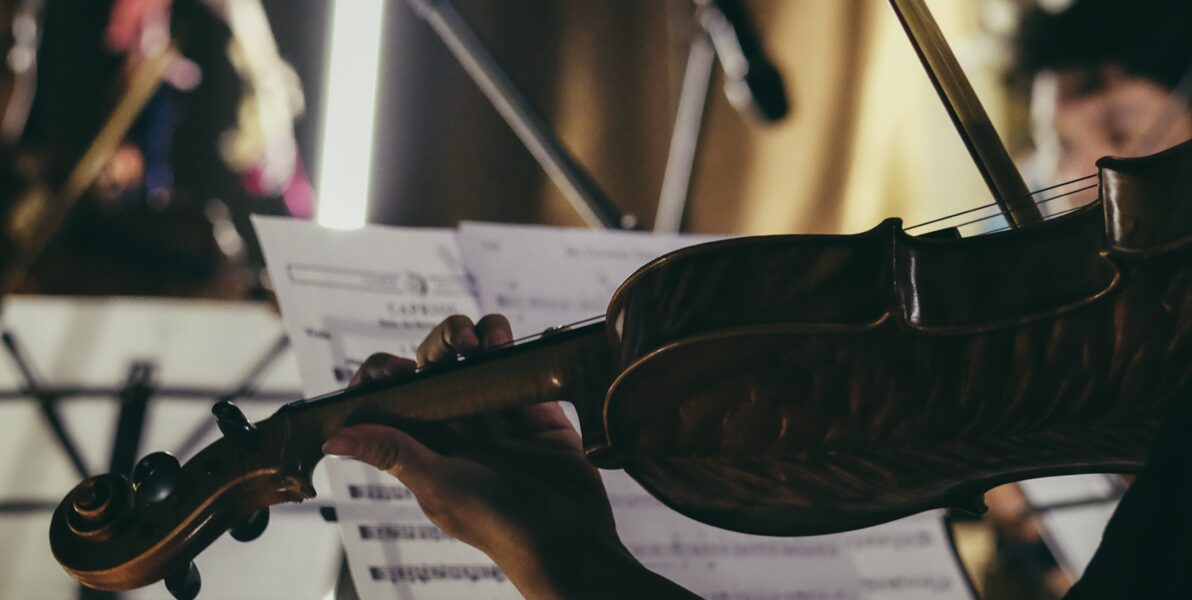Menu

In an exciting development of Manchester Camerata’s partnership with the RNCM, Purcell’s 350th anniversary is celebrated with a semi-staged collaborative performance of his most famous opera, Dido and Aeneas. Students will take the lead roles and also provide members of the chorus. Dido and Aeneas is a story of destiny and fate with Dido, Queen of Carthage, falling in love with Aeneas only to be thwarted by an evil sorceress. The opera concludes dramatically. Nicholas Kraemer is a highly respected Baroque specialist and is Permanent Guest Conductor with Manchester Camerata.
For Skipton Music's January concert on Tuesday, the Town Hall was full for what proved to be an outstanding musical experience. Marking the 350th anniversary of Henry Purcell's birth, the Manchester Camerata, under their permanent guest conductor Nicholas Kraemer, with soloists and chorus of the Royal Northern College of Music have developed an exciting partnership. Skipton was favoured with their first performance of a semi-staged production of Purcell's opera 'Dido and Aeneas'.
The classic overture sets the scene for the tragic and passionate love story, played out on this occasion in the limited space of the Town Hall stage, magically used to its full for soloists, chorus, dances by Furies, Dido's Women, Sailors and Witches and for even a group of the orchestra.
It was a joy to hear so many young voices clearly delighting in the occasion and in the opportunity to depict the varying and powerful emotions. Nicholas Kraemer's discreet 'thumbs up' to those in the wings at the end of the first act said it all! Invidious though it may be, special mention must be made of Carolina Krogius' interpretation of Dido and her remarkable clarity of tone and line. Fleur Bray sang Belinda's supportive role with admirable understanding and Philip Smith brought conviction to Aeneas' tragic dilemma. But clearly this was a team effort of distinction for orchestra, singers and choreographer alike, directed with panache from the harpsichord by Nicholas Kraemer. The audience enjoyed every minute of a gala-like occasion, responding with sustained applause and curtain calls.
As a foretaste in the first half of the concert the Camerata treated us to polished performances of three shorter Baroque works - Purcell's 'Fantasia' and 'In Nomine' and Handel's Concerto Grosso in G major.
Douglas Riddiough